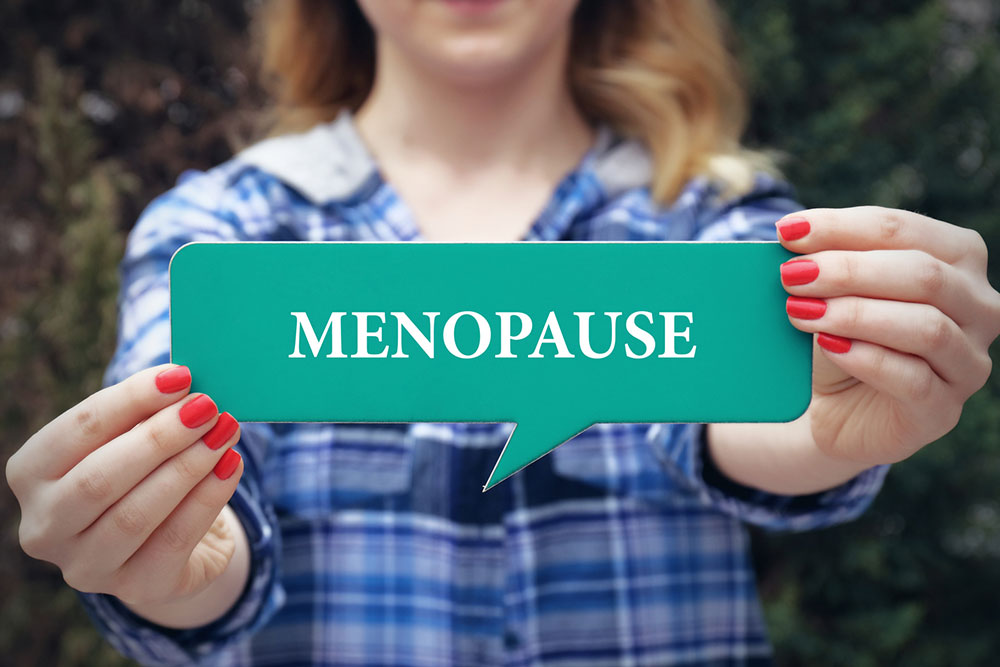
All you need to know about menopause
Menopause occurs at a certain point in a woman’s life when her menstrual cycle permanently ceases. This could be due to the depleting levels of estrogen and progesterone in their body as a result of aging.
Due to menopause, a woman stops having periods and ceases to be fertile, thereby no longer being able to conceive. Medically, diagnosis is usually made after a woman has missed her periods for 12 consecutive months after her last period.
Menopause is not considered a disease or a condition but rather a normal stage in life. Sometimes, the symptoms can start many years before a woman’s final period. This transition stage before attaining menopause is known as perimenopause.
Perimenopause usually starts in a woman during her late 40s. The average age of women who go through menopause in the country itself is 52 years as per the U.S. Department of Health and Human Services. Meanwhile, 1 in every 100 women experiences menopause before turning 40. This is known as premature menopause.
Menopause can cause some profound changes in a woman’s body, which can be uncomfortable and unpleasant, to say the least. Some of the common and significant symptoms are:
- Irregular Periods
One of the first noticeable symptoms of menopause is changes in a woman’s menstrual cycle. Either menstruating too frequently or not at all for months together could be an indication. - Lower fertility
Throughout the perimanopause phase, a woman’s estrogen levels can drop drastically, which reduces their chances of conceiving. - Vaginal dryness
The vagina tends to dry up, itch and cause discomfort during the period of perimenopause. As a result, this can cause discomfort or pain during sex. - Hot flashes
The sudden sensation of heat, specifically at the face, neck and the chest is common. It’s a very uncomfortable sensation. When accompanied during the sleep cycle, it is known as night sweats. This can cause the skin to become red and sweaty. - Disturbed sleeping pattern
One may experience disturbed sleeping patterns, particularly as they progress through menopause. Also, having night sweats makes sleep difficult. - Psychological and emotional changes
This results in severe mood swings and could lead to depression, difficulty concentrating and learning, etc. - Urinary problems
During the period of menopause, a woman is more susceptible to contracting urinary tract infections (UTI).
For most women, these symptoms can last for about 4 years during the perimanopause period until they reach menopause. Nonetheless, there are medical treatments and home remedies that can help with the symptoms and maintain comfort. For example, hormone replacement therapy and medicines can help.
Under hormone replacement therapy, one can supplement estrogen and progestin levels to reduce the symptoms. Also, a medical doctor may prescribe medications such as anti-depressants, drugs for osteoporosis, hot flashes, etc.
After menopause, precautionary measures need to be taken as there is a risk of osteoporosis, bone fractures, loss of libido and sex drive, and cardiovascular illness.




